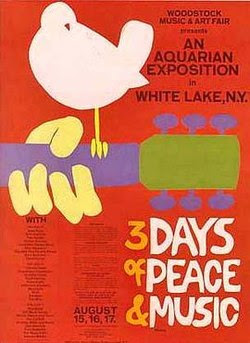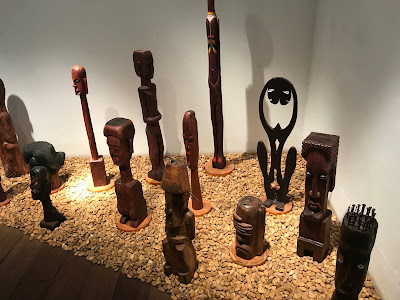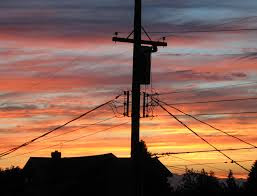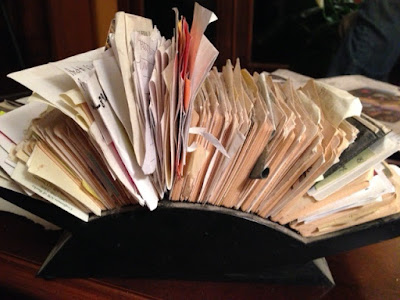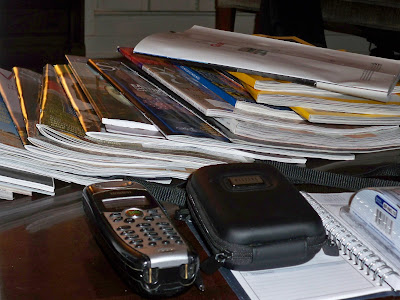At Our Fingertips
This morning I’ve found myself reading about the wedding of a woman I do not know, will never meet but who provided a link to a story about her nuptials on her travel blog, which I’ve been sampling.
I have good friends, people I’ve known for years, whose wedding pictures I’ve never glimpsed and probably never will. But I could describe in detail the gold lace gown that Caroline wore on her special day in 2016. Such is life in the digital age.
In fact, there’s a chance that you are, even as we speak, reading a post by someone you don’t know, writing about someone she doesn’t know.
For some of us, the world at our fingertips is much more real than the one outside our door.

